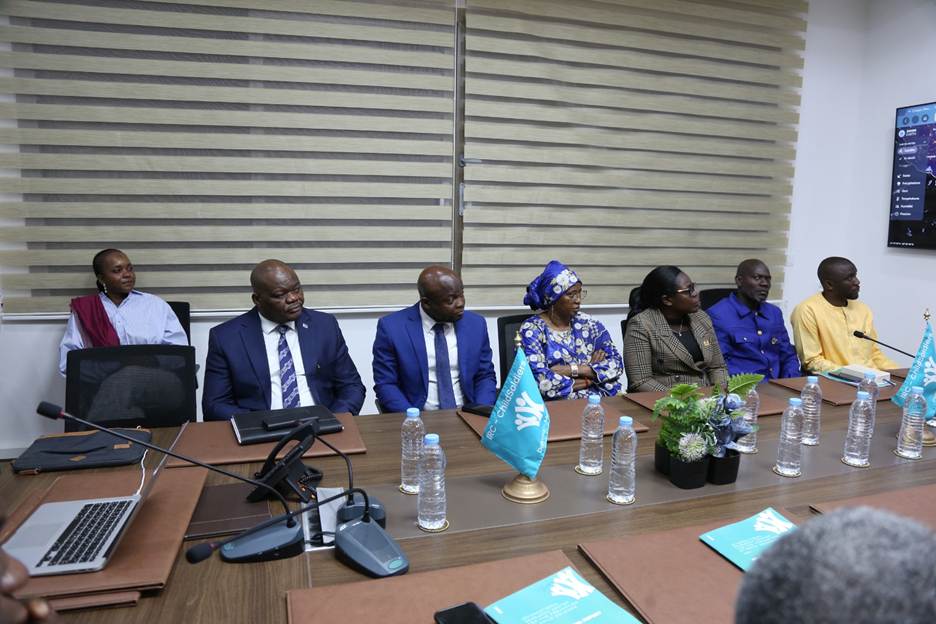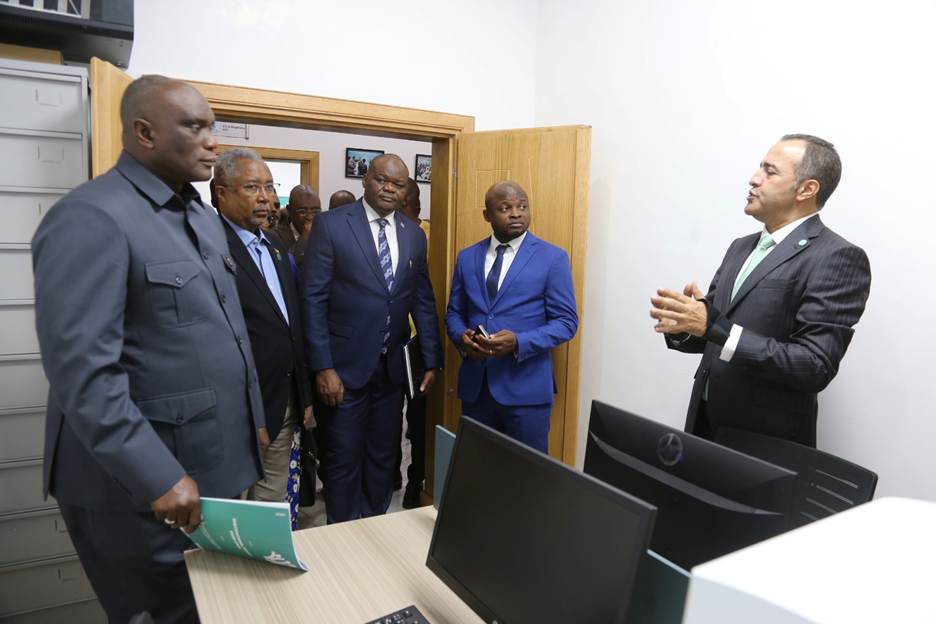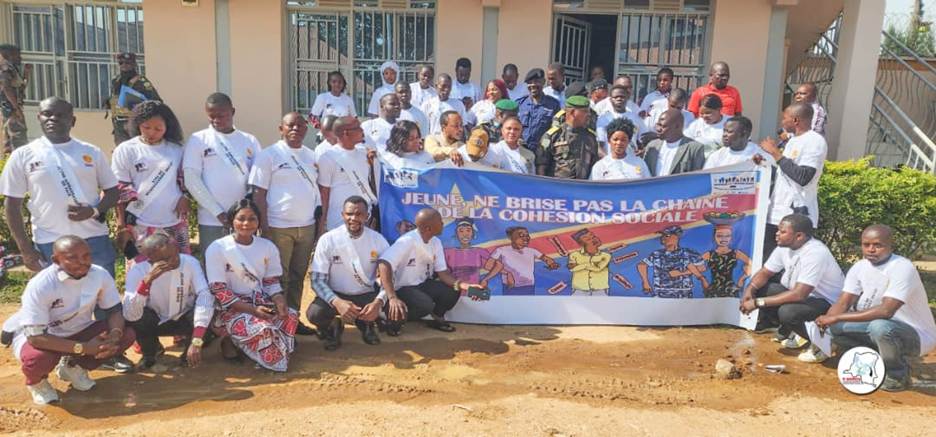THE RABAT DECLARATION: AN AFRICAN PACT FOR DIGNITY AND LASTING PEACE

The Democratic Republic of Congo, under the visionary leadership of the President of the Republic, His Excellency Félix Antoine Tshisekedi Tshilombo, marked a historic milestone during the African Ministerial Conference on Disarmament, Demobilization and Reintegration (DDR) of children associated with armed forces and groups CAAFG), held in Rabat in November 2025. The adoption of the Rabat Declaration represents a collective commitment by African States to end the recruitment and exploitation of children in armed conflicts, elevating child protection as a continental priority and paving the way for a specific African Convention.
This founding text recognizes that the use of children in warfare constitutes a grave violation of international law and an affront to human dignity. It calls for increased mobilization of States, regional institutions, and technical and financial partners to prevent such practices, protect vulnerable children, and ensure their reintegration into schools, society, and the economy. The Rabat Declaration goes beyond a political proclamation; it establishes an operational framework requiring clear mechanisms for the identification, certification, and monitoring of children released from armed groups, while strengthening regional and international cooperation.

The DRC, which was removed from the United Nations’ blacklist in 2017 thanks to sustained efforts, views this Declaration as both a consolidation of its achievements and recognition of its leadership role. The P DDRCS – the sole national structure responsible for DDRCS in the DRC, as established under Article 3 of Ordinance 21/038 of July 4, 2021, and led by Professor Jean de Dieu Désiré Ntanga Ntita – is fully aligned with this dynamic. Its national strategy, adopted on April 4, 2022 in Kinshasa under the high authority of the Head of State, is built on four pillars: security, community reintegration, territorial stabilization, and international partnership. These pillars intersect perfectly with the prescriptions of Rabat. The DDR Child Operational Framework of the P DDRCS, which provides for the identification, verification, and certification of children associated with armed forces and groups, concretely translates the continental commitments into national action.
The Rabat Declaration further enhances the visibility of the P DDRCS and positions the DRC as a key actor in building lasting peace in Africa. It strengthens national sovereignty by embedding the country’s efforts within a shared African dynamic and opens new perspectives for funding and cooperation. It also reflects the visionary leadership of the Head of State and the capacity of the P DDRCS to transform international commitments into concrete actions, mobilize scientific and financial partnerships, and amplify the voice of the DRC in international forums.
Ultimately, the Rabat Declaration is an African pact for dignity and peace, bridging the presidential vision with the national strategy of the P DDRCS. It confirms that the Democratic Republic of Congo is now a continental model in child protection and community stabilization, placing human dignity and social cohesion at the heart of its priorities.
P DDRCS Communication Unit



